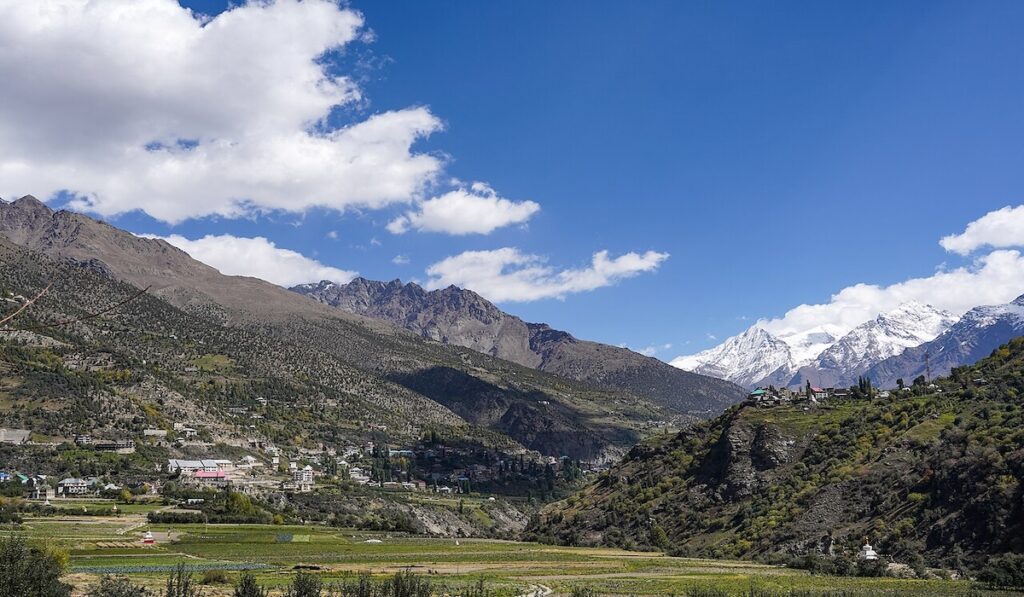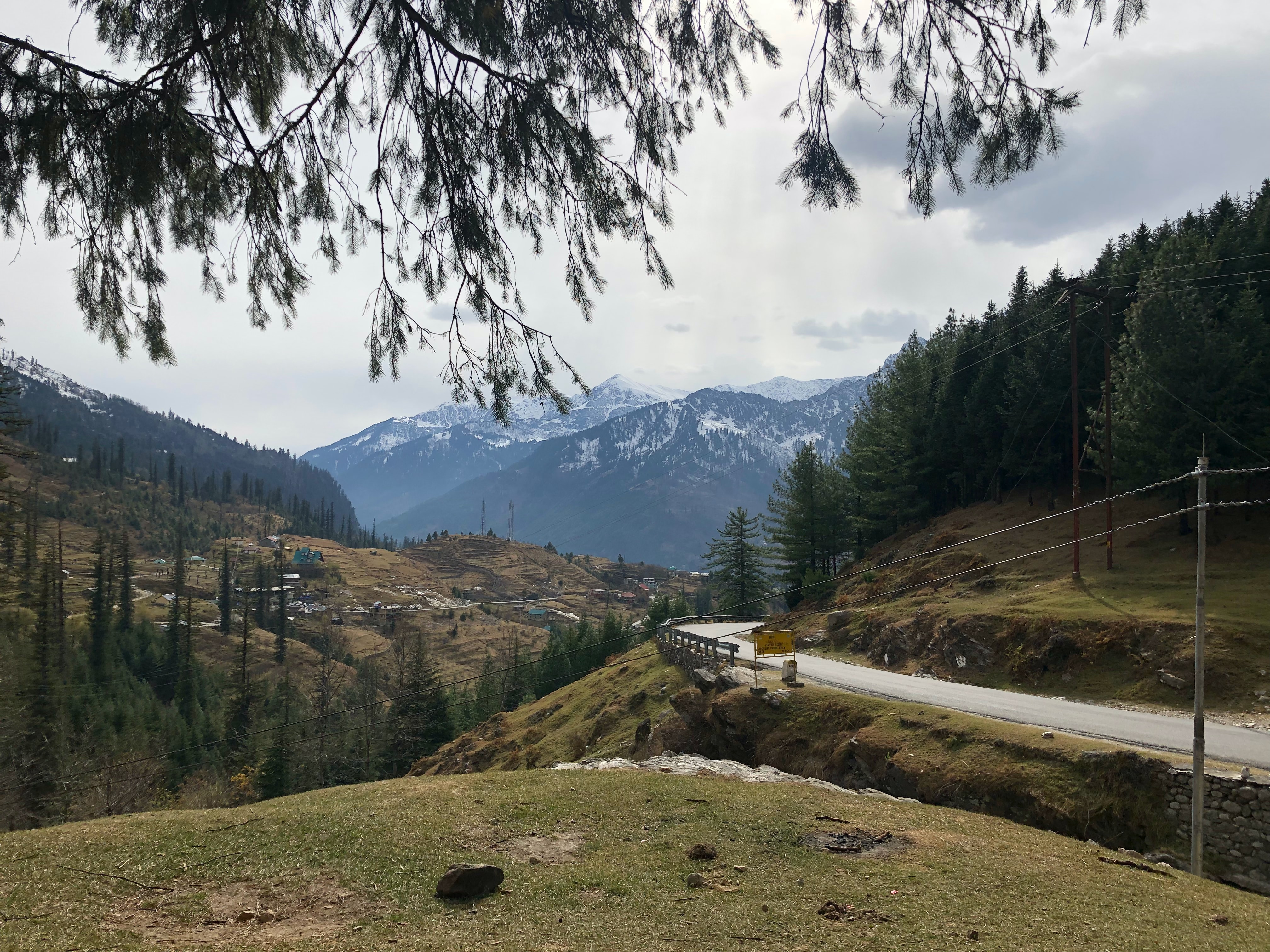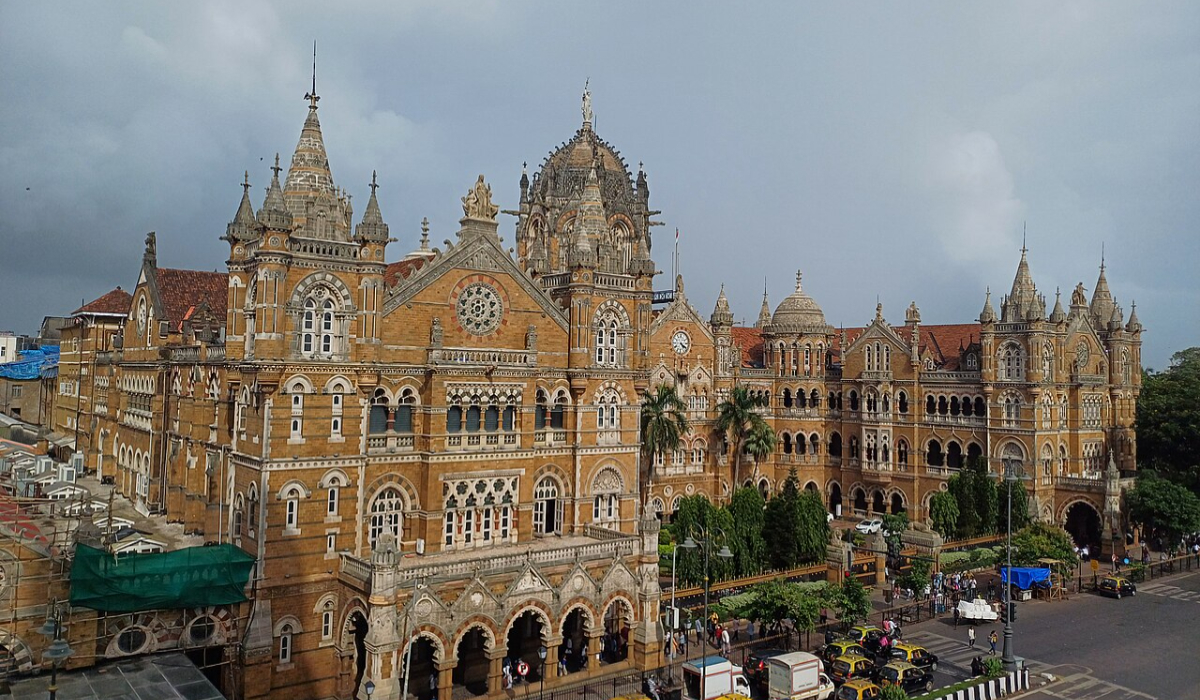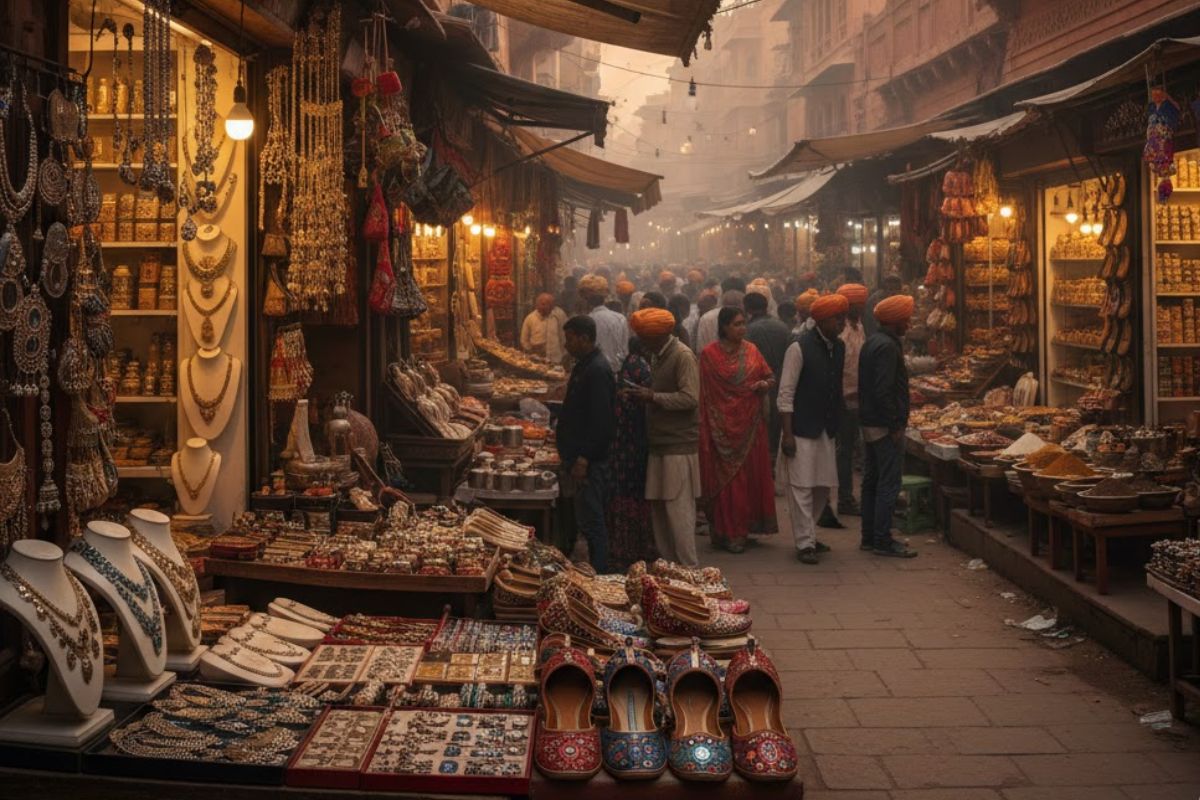Nestled in the serene hills of Himachal Pradesh, the village of Dhami, approximately 30 km from Shimla, hosts a distinctive and centuries-old festival known as Pathar Ka Mela or the “Festival of Stones.” Held annually on the day following Diwali, this unique event involves participants engaging in a symbolic stone-pelting ritual, culminating in the application of blood as a sacred offering to Goddess Kali. In 2025, Diwali will be celebrated on Monday, October 20, and Pathar Ka Mela will take place the next day, Tuesday, October 21, 2025. The festival serves as a cultural bridge between ancient traditions and modern sensibilities, offering a glimpse into the region’s rich heritage.
Table of Contents
TogglePathar Ka Mela: Himachal’s Unique Stone-Throwing Festival
Origins and Historical Significance
The End of Human Sacrifice
The origins of Pathar Ka Mela trace back to the 18th century, during the reign of the Dhami princely state. Historically, human sacrifices were offered to appease Goddess Kali. Legend says that a queen of the Dhami estate, before taking her own life through sati, asked for human sacrifices to be stopped. In place of such rituals, she proposed a symbolic act: two warring factions would engage in stone-pelting, and the blood of the injured would be used to apply a tilak (mark) on the goddess’s idol.
Symbolism of the Ritual
The stone-pelting represents a symbolic offering to the goddess, replacing the erstwhile practice of human sacrifice. The act of applying the blood as a tilak signifies devotion and is considered auspicious by the locals.
Festival Rituals and Celebrations
The Stone-Pelting Event
On the day after Diwali, two groups – the Halogis (from the royal family) and the Jamogis (from the neighboring village of Jamog) – assemble at a designated site in Dhami. Participants, known as Khunds, line up on opposite sides of a circular structure and engage in stone-pelting. The ritual continues until an individual is injured, and their blood is used to apply a tilak on the idol of Goddess Kali.
Cultural Festivities
Beyond the stone-pelting, the festival is marked by traditional dances, folk music, and exhibitions showcasing local crafts and agricultural products. The community comes together to celebrate, reinforcing bonds and preserving cultural heritage.

Modern Perspectives and Controversies
Safety Measures
In contemporary times, the festival has attracted attention due to safety concerns. While the ritual is symbolic, the potential for injury has led to calls for regulation. Local authorities have implemented measures to ensure the safety of participants, including medical teams on-site and guidelines to minimize harm.
Cultural Preservation vs. Modernity
The festival stands at the intersection of cultural preservation and modern sensibilities. While some view it as a vital link to the past, others question the appropriateness of such rituals in the present day. Debates continue regarding the balance between honoring traditions and adapting to contemporary values.
Visiting Dhami During Pathar Ka Mela
How To Reach Dhami
Dhami is accessible from Shimla via a 30 km drive. The nearest major railway station is in Shimla, which is well-connected to other parts of India. From Shimla, local transport options like buses and taxis are available to reach Dhami.
Accommodation Options
Visitors can find a range of accommodations in Shimla, including hotels and guesthouses. Some notable options include:
- Hotel Willow Banks: Located on Mall Road, offering scenic views and modern amenities.
- Radisson Hotel Shimla: Situated in the serene surroundings of Shimla, providing luxury and comfort.
- The Oberoi Cecil: A heritage hotel known for its colonial architecture and exceptional service.
Booking in advance is recommended, especially during festival times.
Summing Up
Pathar Ka Mela is more than just a festival; it is a living testament to the evolving traditions of Himachal Pradesh. While rooted in ancient customs, the festival continues to adapt, reflecting the community’s resilience and commitment to preserving their cultural identity. Witnessing Pathar Ka Mela offers a rare experience of Himachal’s history, culture, and spirituality, revealing its rich heritage deeply.



